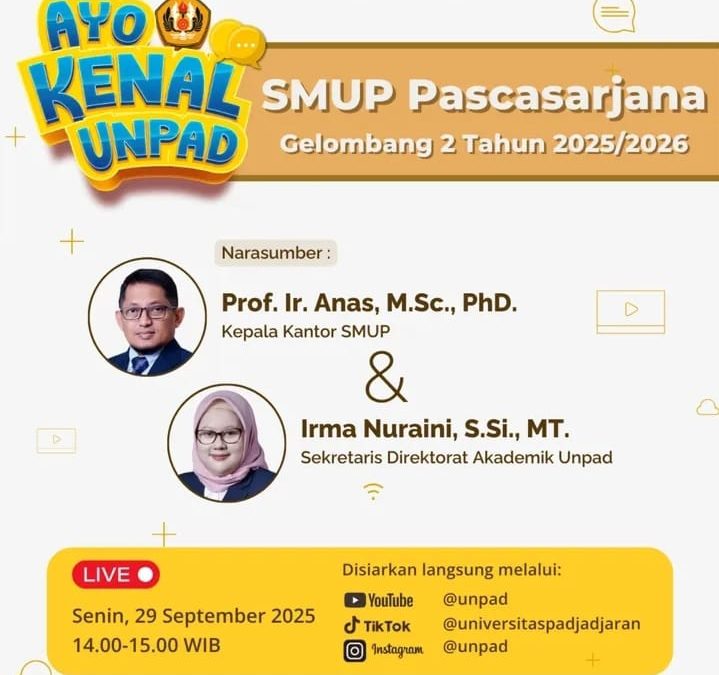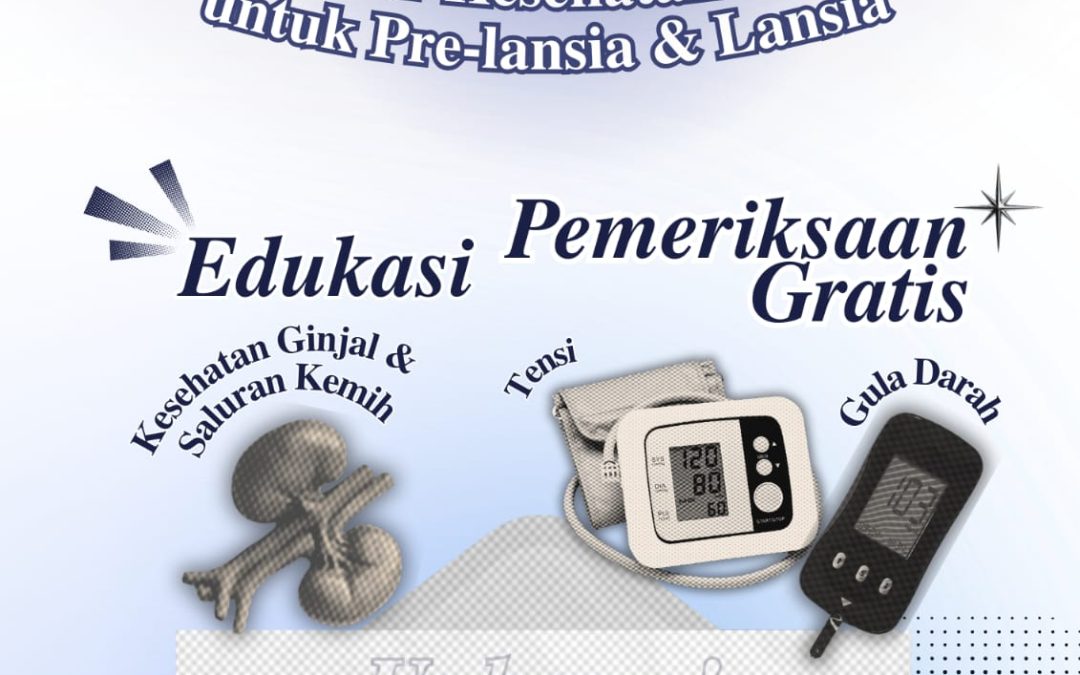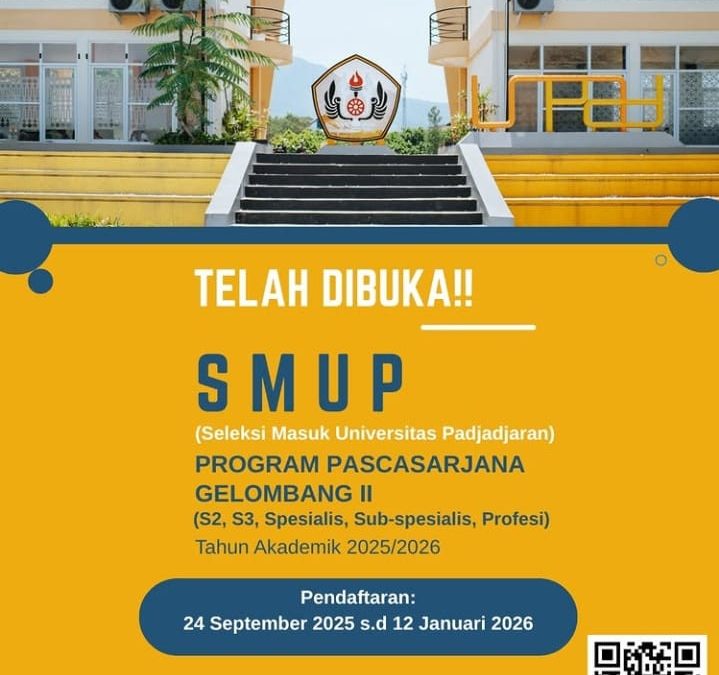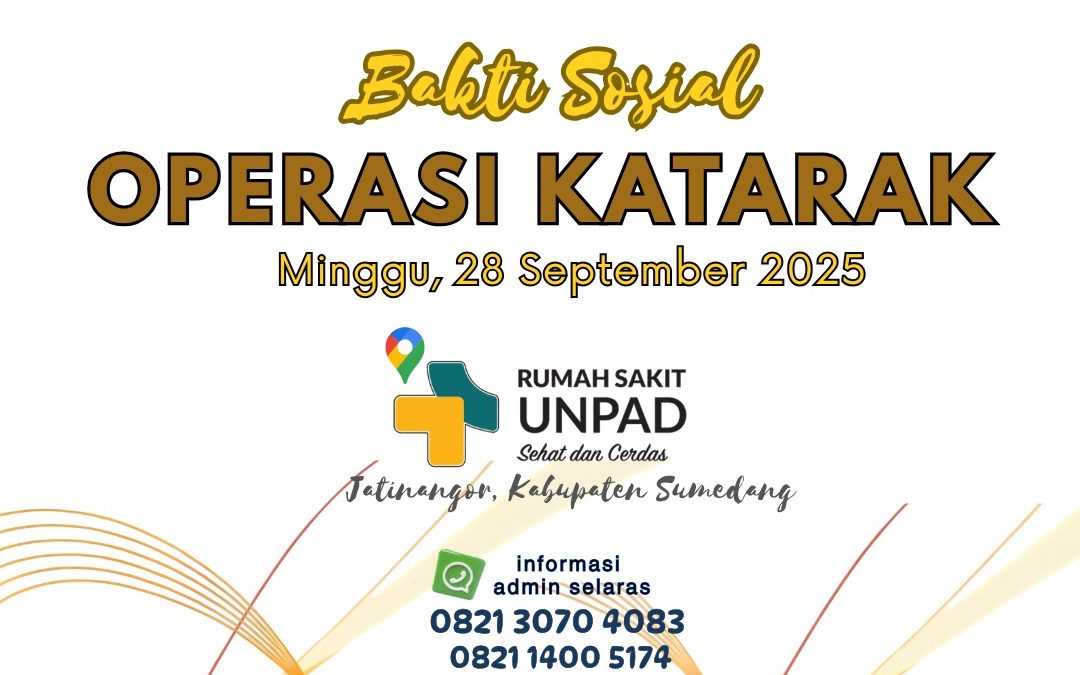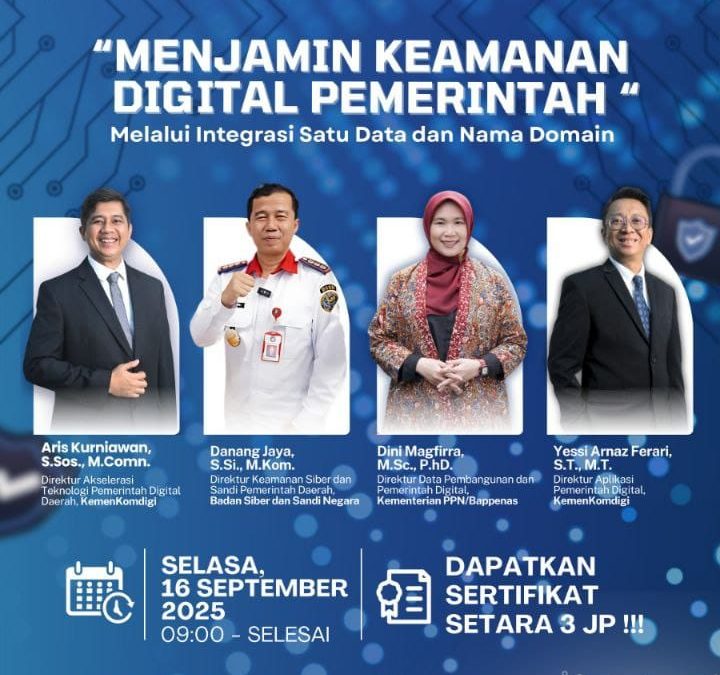📢 Sharing Session IV Klinik Pemerintah Digital : Menjamin Keamanan Digital Pemerintah Melalui Integrasi Satu Data dan Nama Domain
Assalammualaikum Wr. Wb.
Shalom, Om Swastiastu, Namo Buddhaya, Salam Kebajikan, Rahayu.
Bapak/Ibu yang kami hormati,
Direktorat Akselerasi Teknologi Pemerintah Digital Daerah mengundang Bapak/Ibu untuk hadir dalam kegiatan:
📌 Tema Kegiatan
Menjamin Keamanan Digital Pemerintah Melalui Integrasi Satu Data dan Nama Domain
🗓 Hari/Tanggal:
Selasa, 16 September 2025
🕙 Waktu:
09.00 WIB s.d. Selesai
🔗 Tautan Zoom:
https://s.komdigi.go.id/zoom-sharingsession4
🔗 Tautan VB:
https://s.komdigi.go.id/VBSharingSessionIV
🎙 Sambutan
Aris Kurniawan – Direktur Akselerasi Teknologi Pemerintah Digital Daerah, Kementerian Komunikasi dan Digital
🎙 Narasumber
1. Danang Jaya, S. Si., M.Kom. – Direktur Keamanan Siber dan Sandi Pemerintah Daerah, BSSN
2. Dini Maghfirra, Ph.D. – Direktur Eksekutif Satu Data Indonesia Tingkat Pusat, Bappenas
3. Yessi Arnaz Ferari, ST., MT. – Direktur Aplikasi Pemerintah Digital, Kementerian Komunikasi dan Digital
📍 Format: Paparan materi + diskusi interaktif + sesi tanya jawab
Kegiatan ini menjadi wadah penting bagi Pemerintah Daerah, Kementerian/Lembaga, dan pemangku kepentingan untuk memperkuat keamanan digital pemerintah melalui kolaborasi lintas sektor. Diskusi akan membahas strategi integrasi Satu Data Indonesia dan pengelolaan nama domain resmi pemerintah sebagai langkah penting menjaga kedaulatan digital nasional.
Mari kita bersama memperkuat pondasi keamanan digital pemerintah demi terwujudnya layanan publik yang andal, aman, dan berbasis data. Juga akan diberikan Sertifikat kegiatan yan setara dengan 3JP bagi bapak/ibu yang mengikuti kegiatan hingga selesai.
Mengingat pentingnya kegiatan ini, kami mengharapkan partisipasi aktif bapak/ibu dalam kegiatan ini untuk memastikan tidak ada lagi pertanyaan yang “terbawa pulang” tanpa jawaban demi tercapainyab kesamaan langkah dan strategi antara pusat dan daerah.
Atas perhatian dan partisipasi Bapak/Ibu, kami ucapkan terima kasih
